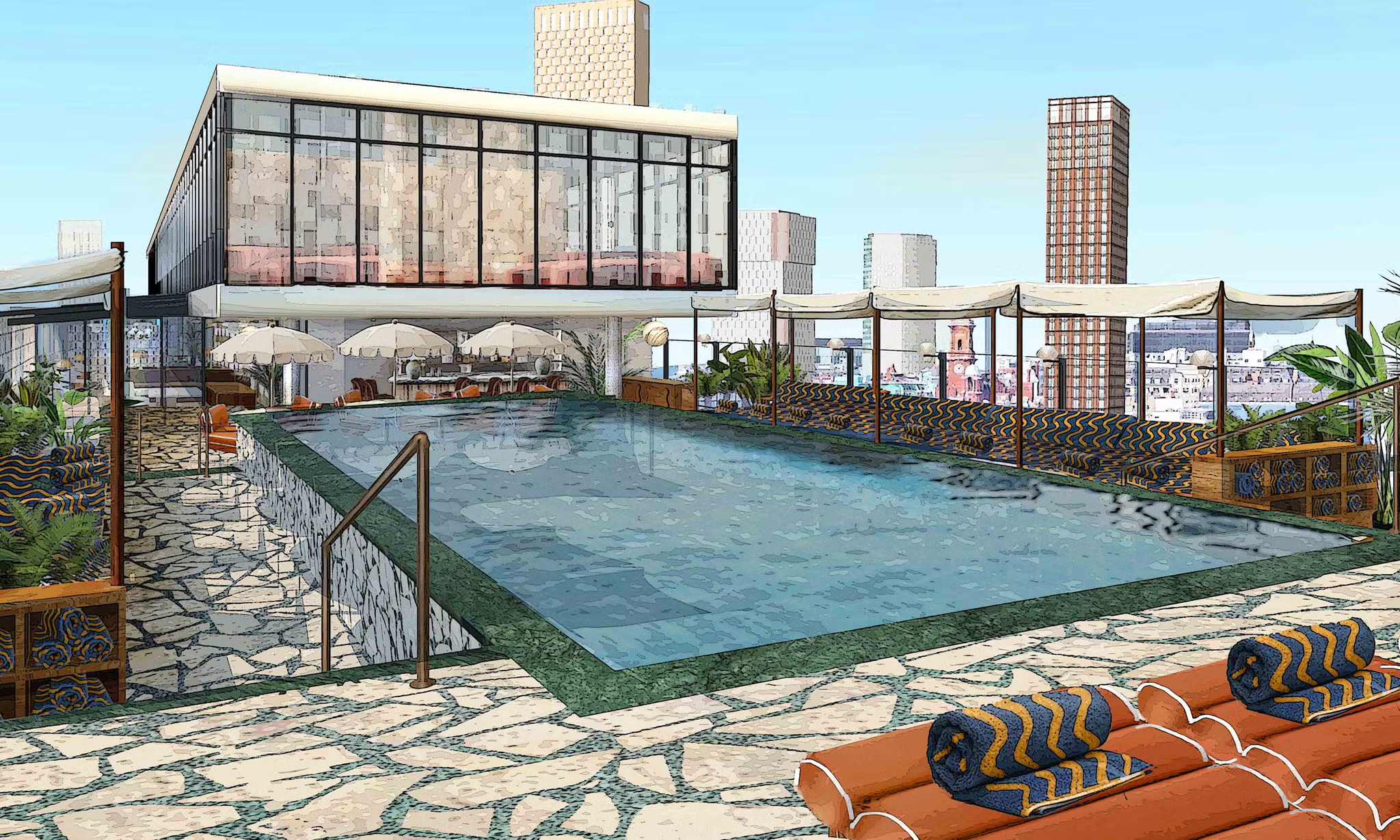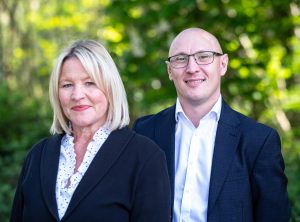World Cup a bad result for IRC

INDIVIDUAL Restaurant Company, the Manchester-based owner of the Piccolino and Bar & Grill Restaurants, saw its pre-tax losses widen to £2.7m (2009: £872,000 loss) as its sales dipped by 2% to £24.6m in the six months to July 4.
The firm blamed poor weather at the start of the year and the World Cup for its poorer sales figures, which had a knock-on effect on profits.
The firm also said that it had been hit by a £200,000 increase in its costs as a result of changes to the national minimum wage in October 2009.
IRC, which operates 22 Piccolino sites and 11 Restaurant Bar & Grills, added that statutory profits were also hit by a £1.3m writedown in goodwill in the assets of its Restaurant Bar & Grill Glasgow site.
For the latest IRC share price and company information click here
Despite this, chief executive Steven Walker said that the company remained financially strong, particularly as it had paid down £1.4m of its debt pile, finishing the period with net debt of £15m, building £3.5m of headroom on its existing facility.
Walker also argued that recent trading in the ten weeks since the period end showed a general growth trend.
“I have been pleased by the return to revenue growth generally experienced over the past five months (excluding the Football World Cup month of June) and I remain confident in the inherent strength of both of our brands,” he said.
“The task now is to find a way that the group can capitalize on this inherent strength, bearing in mind the current funding constraints on expansion capital.”
Walker said that trading at its outlets in the South East and central London had remained “very strong”. Sales in the North were described as “patchy”, but were more consistent than a year ago and had returned to growth.
He said that following efforts to strip out around £2m of costs last year, it was now happy with its overhead levels.
“If we can save any money, we should do it centrally,” said Walker. “We tend not to cut costs from sites, which is where we generate our sales. If we had to, we would reduce hours rather than headcount. What we don’t want to do is to cut costs on areas which would have an impact on our customers.”
He added that the group had managed to largely maintain its margins, and that since it hadn’t discounted during its most difficult trading period it wasn’t about to start now that sales were showing signs of improvement.
“We make everything from scratch and we’ve continued to improve our ingredients over the last two years. We’re very ‘foodie’ in the way we operate,” said Walker.
“We don’t want to get into mainstream, hard discounting just to drive footfall.”







